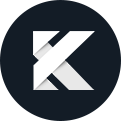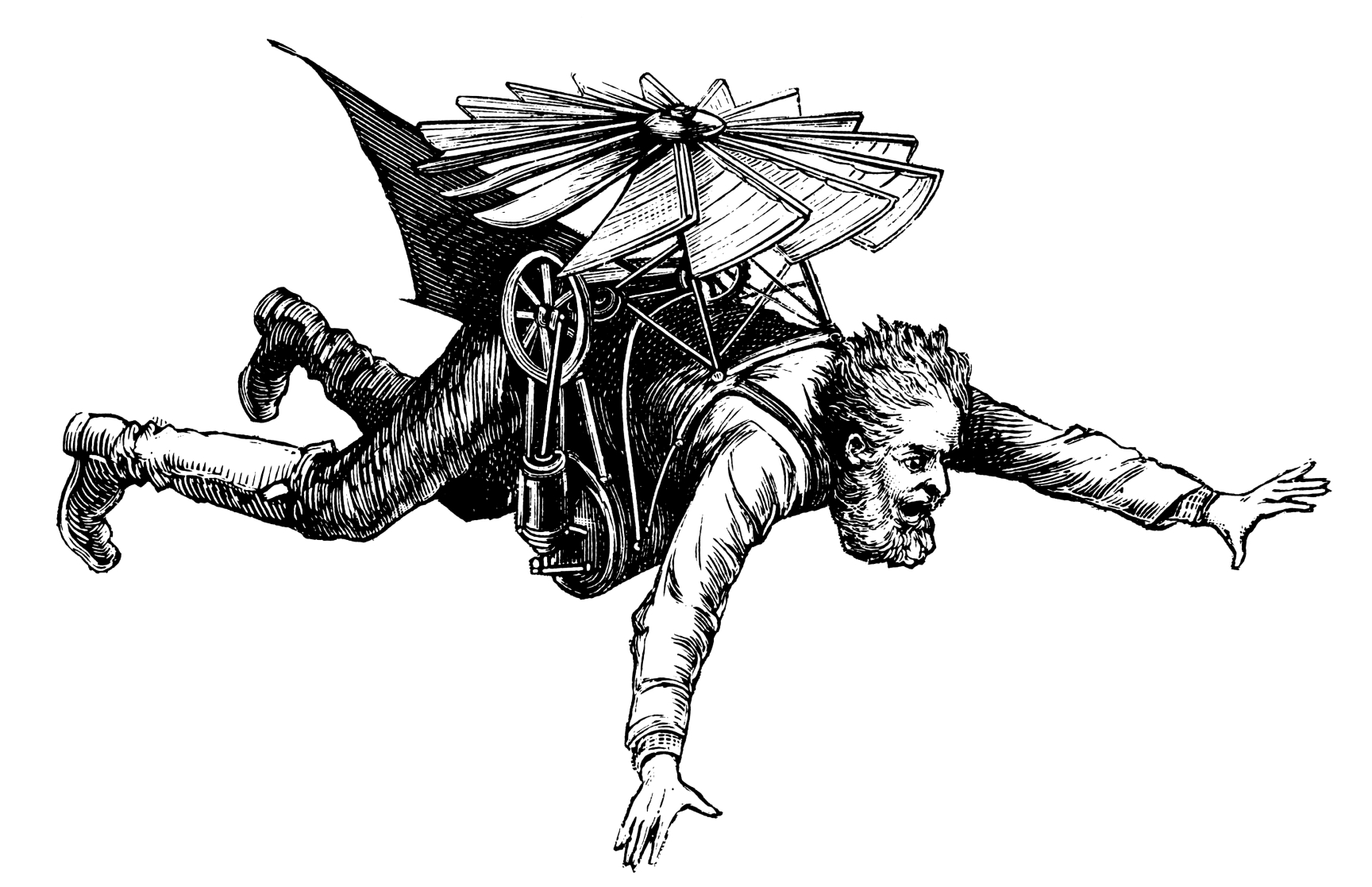I've been fortunate enough to freelance during a couple chapters of my career. I've consulted for various clients as well as agencies and also turned my freelance business into a design studio. It can be an extremely rewarding and liberating experience to be your own boss with many lessons to be learned along the way.
I've outlined the top advice that I've passed down to other designers that have pivoted from full time to freelance.
- You will say “Yes” to everything when you first start out. I was given this warning by a design leader that had nearly 30 years of career experience with extensive tenures in freelance and running his own agency. He'd both experienced and seen the same thing time and again with designers that were new to freelance.
Being new to freelance you will be over-ambitious by wanting to build your network, so you'll want to get your hands on work from a multitude of companies. You won't want to disappoint folks by saying “no”, so you take on the project. What further complicates this is that you'll see the opportunity to add additional compensation. While that's enticing, you'll have to really work hard on planning out your schedule(s) to ensure that you don't overwork yourself. - Know your worth. Learning about the freelance market is crucial for a designer to properly value their services. Defining your hourly, daily or weekly rate depends on your professional experience, the skill set that you can bring to a project and your effectiveness at execution. Said differently, people will pay you for your experience. More senior designers can get tangible quickly, navigate ambiguity, get creative at the drop of a dime and can lead a project through its various phases and execute designs more quickly. Speed matters and so does value and quality. Being honest with yourself on your proficiencies, expertise and abilities will allow you to determine a range that is both marketable and fair for both parties.
Additionally, you want to factor in that if you're a 1099 contractor that you will be paying for your own taxes, health insurance and that you won't have paid time off. These factors are important for your personal and financial wellbeing, so they need to be accounted for in your hourly rate. - The workload will have peaks and valleys. Sometimes you'll be so busy that you wish you said, “no” to that last project and other times you might have some extra time on your hands. Several factors like the economy and time of the year make a difference. For instance, some summers can be quiet for new clients coming in the door but Q4 can be extremely busy as companies are looking to spend the remainder of their annual budgets on their marketing.
- Be your own project manager and get good at it. You have to be your own project manager to properly communicate expectations, so that you have adequate time and resources to meet your milestones. If you're juggling multiple projects, it's even more crucial to have your own project board or spreadsheet that plans your upcoming weeks of work. Note that milestone dates can be stressful whether it's preparing for review meetings or executing work, so space those out for your own sanity. If you don't do this, you will inevitably have conflicting timelines that can get out-of-hand.
- Get really good at determining and evaluating clients that you'll work best with. This is one of the biggest perks of working freelance that you get to choose the types of people that you collaborate with. Working with a multitude of clients, you will begin to see the different personas that you'll encounter from the overtaxed entrepreneur to the marketing leader that's fighting an uphill battle to prove out design's worth in an organization. Each client persona has pros and cons but it's up to the freelancer to determine what situation is right for them.
- You are your own boss, so there's no one above you to help you get to where you want to go. Define what success looks like for you. You have to learn how to be a self-starter, if you aren't already, but more importantly add structure to your career. Determine what skills you want to develop. Define your personal development goals and business growth plan. Think in terms of annual or quarterly goals. For personal growth, seek out feedback from clients and peers that you work with. This can be an effective method to learn more about your performance and where you can develop.
- Have an accountant and lawyer on your roster. You will need a financial professional to help you with tax planning throughout the year as a 1099 contractor, so you want to make sure that you properly setting aside money for that on a quarterly basis. You'll also need a legal professional to review contracts or documents like NDAs. Having peace of mind and assurance is vital for any circumstances to ensure that you're on the right path and that someone else is looking out for your best interest.
- Make time to connect with design colleagues. You will miss the camaraderie of working with a team, so make plans with folks in the industry from time to time, because there's a mutual understanding for the job and all the ups and downs that come with being a designer. It's also a great opportunity to seek out advice from folks that are coming from a place of experience. It also ensures that you don't box yourself into a corner of loneliness.
- Set daily scheduling boundaries. This is a big one because days and nights can quickly blend together with no semblance of work-life balance or boundaries. It should be the exception, not the norm when you have to work late or work on something over the weekend. Be diligent with your schedule with a start and stop time that feels appropriate for your work and personal needs.
- Enjoy the freedom. Freelance design is what you make of it. It can be a grind, if you choose to skip out on lunch or overwork yourself with too many projects or it can be one of the best things that you do for your career. Make the most of your freedom by treating yourself to lunch at your favorite restaurant or taking time out of your day to take the kids out to a park. Healthy habits like going for a walk or hitting up the gym can also energize you during your work day, while giving your eyes and brain a rest. Your freedom is just one of the perks that make this line of design work gratifying and enjoyable.

